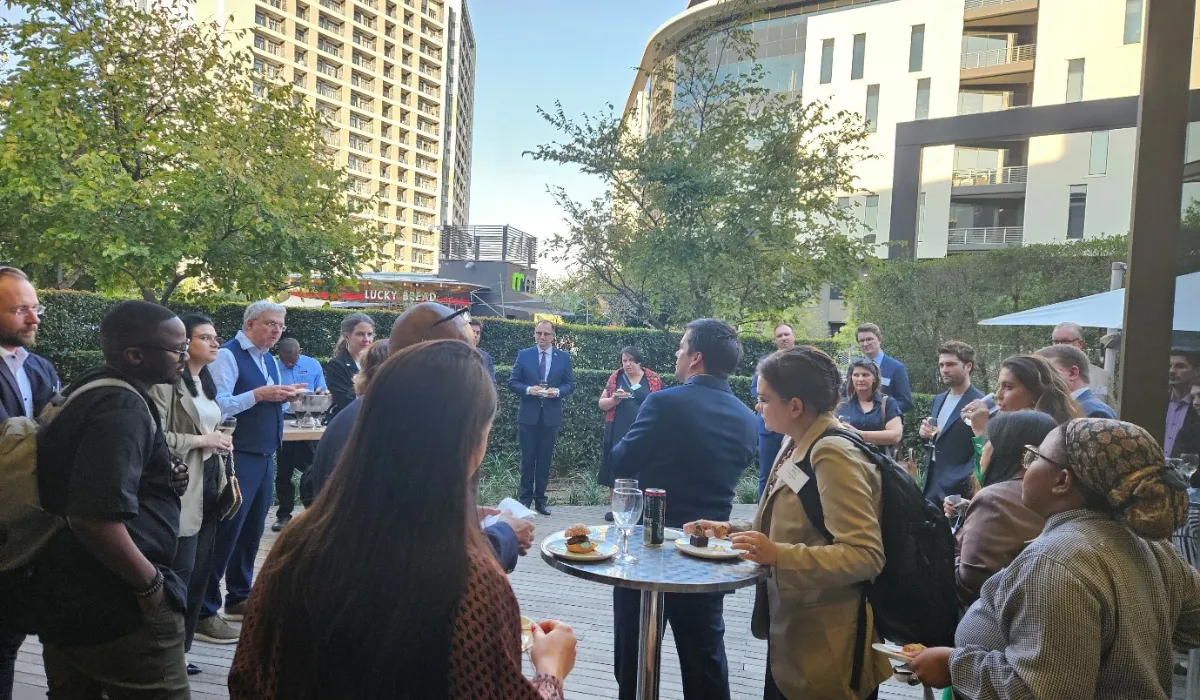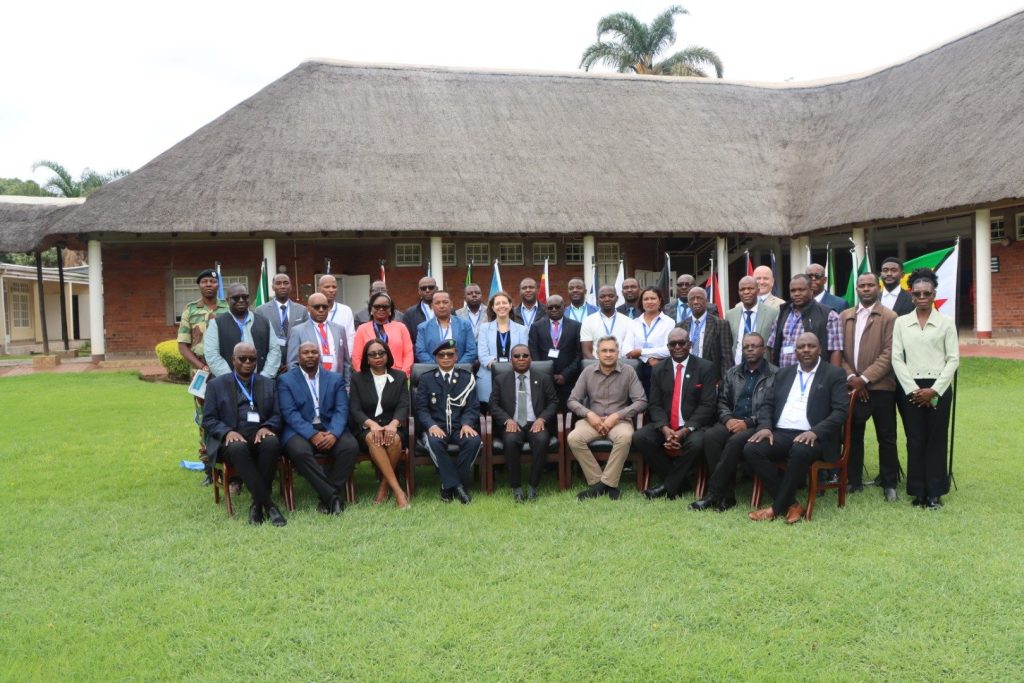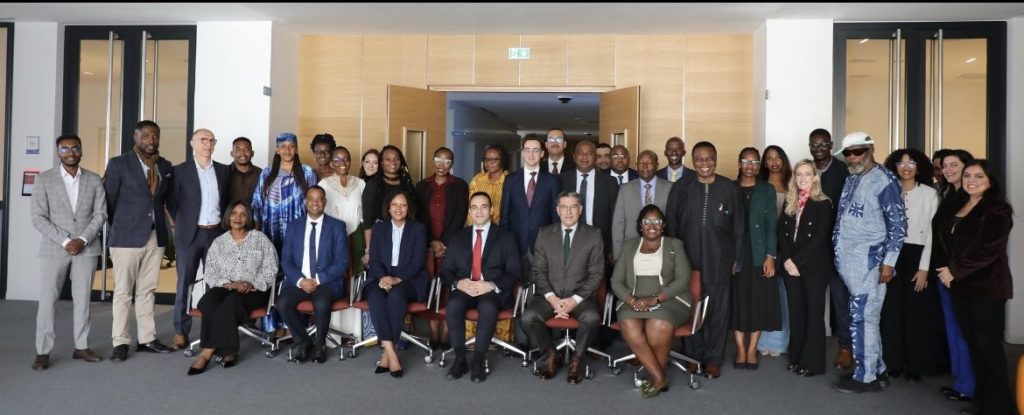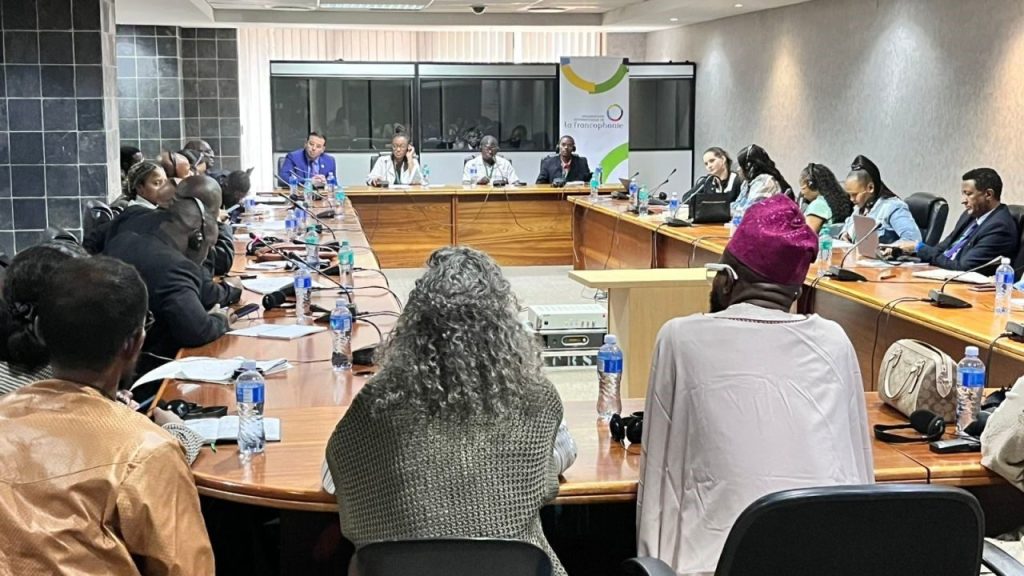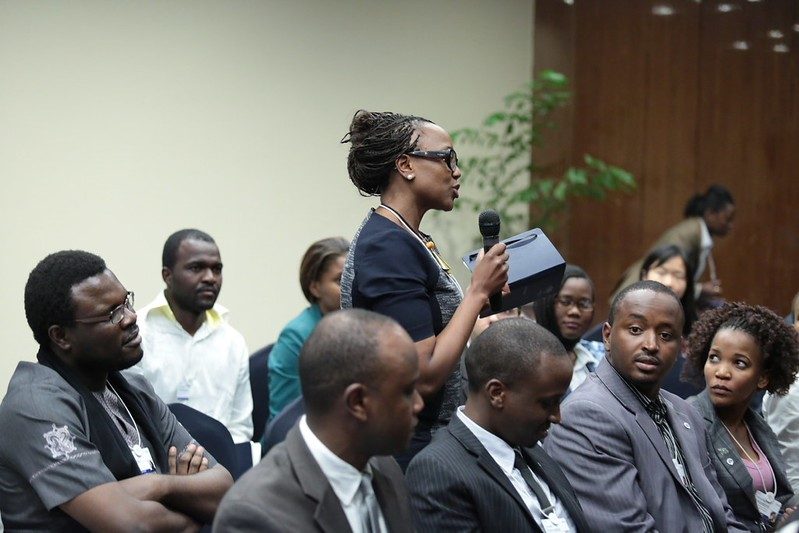On 23 April 2024, ACCORD participated in an expert roundtable on Russia’s war in Ukraine amid a world in turmoil. The event was hosted by the South African Institute of International Affairs (SAIIA) and the European Policy Centre (EPC) and took place in Pretoria, South Africa.
The Roundtable, which brought together experts from civil society organisations and academia from both South Africa and Europe, provided the platform to unpack the current geopolitical challenges that the world faces, and how they relate to the conflict between Russia and Ukraine. The session on South Africa’s foreign policy reflected on South Africa’s place in the current geopolitical order and its position as it relates to the conflict in Europe. In addition, Africa’s position on the conflict and the continent’s place in the global world order were also discussed with an emphasis on the need to recognise Africa’s agency, morals and values.
Participants went on to discuss the prospects for an end to the conflict in Europe, and the scenarios likely to play out. They delved further into the need for compromise and negotiation as a way to bring about an end to this European conflict. ACCORD shared perspectives on South Africa’s role in mediation processes and possible conflict resolution methods relevant to global conflicts.
The roundtable discussions led to the recognition that the Western world order is under threat for various reasons, including the ongoing conflict in Europe. It was also concluded that the most effective way to resolve conflicts is through mediation, negotiation and compromise. Furthermore, it was emphasised that South Africa and Africa as a whole should strive to contribute to a peaceful global order that is conducive to development on the continent.
ACCORD will continue to engage with civil society partners to share its expertise on conflict resolution and African perspectives on the current geopolitical climate.

